
Nitzavim: The Simple Jew
Rebbe Nachman once remarked that in the generation before Moshiach comes, a simple Jew will be a nuance like the Baal Shem Tov. Was this also a Torah prophecy?

“…from the wood-choppers to the water-carriers.” (Deuteronomy 29:10)
Moses gathers all the Jewish People on the day he dies to reconfirm their commitment to Hashem’s holy covenant. In this week’s Torah portion, he begins by saying, “All of you stand today before Hashem your G-d – your leaders, your tribes, your elders – every Israelite!”[1] We clearly understand that the entire nation is present, for Moses not only states “all of you”, he emphasizes certain segments of the population.
It seems more than explicit that no one is missing. Yet, Moses takes no chances; he wants to be sure that every Jew until the end of time understands fully well that he or she is a full-fledged partner in the holy covenant, with all the rights and responsibilities thereof. For this reason, Moses continues in what seemingly seems extraneous and emphasizes, “Your children, your wives, your converts in the midst of your camp, from the wood-choppers to the water carriers.”[2] Why the itemization?And why mention specifically the wood-choppers and the water-carriers? Why are they more significant than any other laborers or craftsmen?
The reason for the detailed itemization is to make sure that everyone until the end of time knows that he or 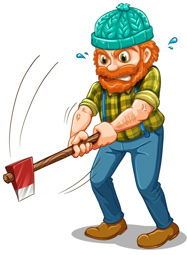 she is not only included, but a full shareholder in the Jewish People's covenant with Hashem. Maybe the children say, “not us – we're not even Bar and Bat-mitzva yet!”
she is not only included, but a full shareholder in the Jewish People's covenant with Hashem. Maybe the children say, “not us – we're not even Bar and Bat-mitzva yet!”
The Torah says, “Yes – children too.”
Maybe the women say, “perhaps the Torah is chauvinistic and doesn't include us.”
The Torah answers, “No chauvinism here – every woman is included.”
Maybe the righteous converts feel bad and say, “Our parents weren't Jewish; we're certainly outsiders when it comes to the holy covenant with Hashem!”
The Torah responds, “No way! Do you know that Moshiach is a descendent of Ruth, a righteous convert? Do you know that Obadiah the prophet was an Edomite convert? Do you know that Rachav was not only a Canaanite convert and a former harlot, but she became the matriarch of a dynasty of prophets including Jeremiah and Chulda?Do you know that the holy Tannaic sages Shemaya and Avtalion – the teachers of the great Hillel – were also converts?You converts can't imagine the holiness of your souls; you too are full-fledged partners in Hashem's covenant – you are part of our people just like everyone else!”
The Torah is not simply referring to the Jews in the time of Moses. The Torah's detailed list of all those included in the covenant to posterity, that all the unborn souls of the Jewish People as well as the converts were present, similar to the occasion on Mount Sinai when they received the Ten Commandments. The Torah says so explicitly, [3] so that no soul in any latter generation come along and claim that the Torah and the covenant have no bearing on him and do not obligate him. What's more, anytime the Torah says “today”, as in the above-mentioned verse 9, “All of you stand today before Hashem,” refers to posterity. Everyone is included and no one is exempt until the end of time.
So why does the Torah mention specifically the wood-choppers and the water-carriers? Throughout Jewish history, the wood-choppers and the water-carriers were considered lowest on the social echelon. No one wanted to perform their back-breaking labor that brought them such meager wages. These were considered the illiterate or semi-literate simpletons who could do nothing else. People looked at them as the simplest of the simple. These were not the scholars, the public servants, the professionals, the merchants or the skilled craftsmen. These were not the learners who could navigate their way through a difficult page of Gemara. At best, they could say a blessing or recite a Psalm. Yet, they wore beards and tzitzit, and in their simple, uncomplicated and unsophisticated emuna, they often died martyr's deaths rather than compromising their Judaism.
The wood-choppers and the water-carriers are simple, but not stupid. They're fully aware how others look down on them. They have to make shidduchim with each other because others won't accept them into their families. No one appreciates them; they are frequently disparaged and always underpaid. They are liable to feel unworthy, as if Hashem doesn't want them as partners in the holy covenant. Hashem says, “I love you, My wood-choppers and the water-carriers, you beautiful simple Jews.” Therefore, the Torah singles them out to stress that they have as much a share in the covenant as the Rosh Yeshivas and the national leaders.
Rebbe Nachman once remarked that in the generation before Moshiach (referring to our generation, the generation of hi-tech and sophistication), a simple Jew will be a nuance as unique as the Baal Shem Tov.
Nothing is loftier than a simple Jew – may we all merit in casting intellect and sophistication aside while attaining true and simple emuna, amen.







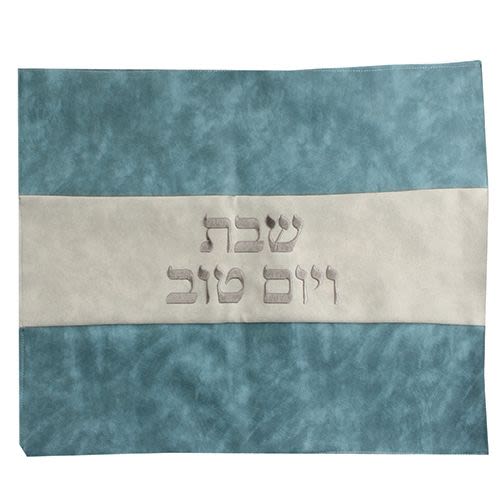
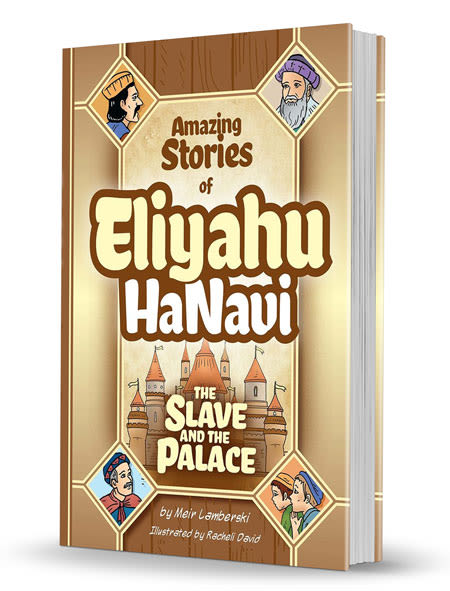
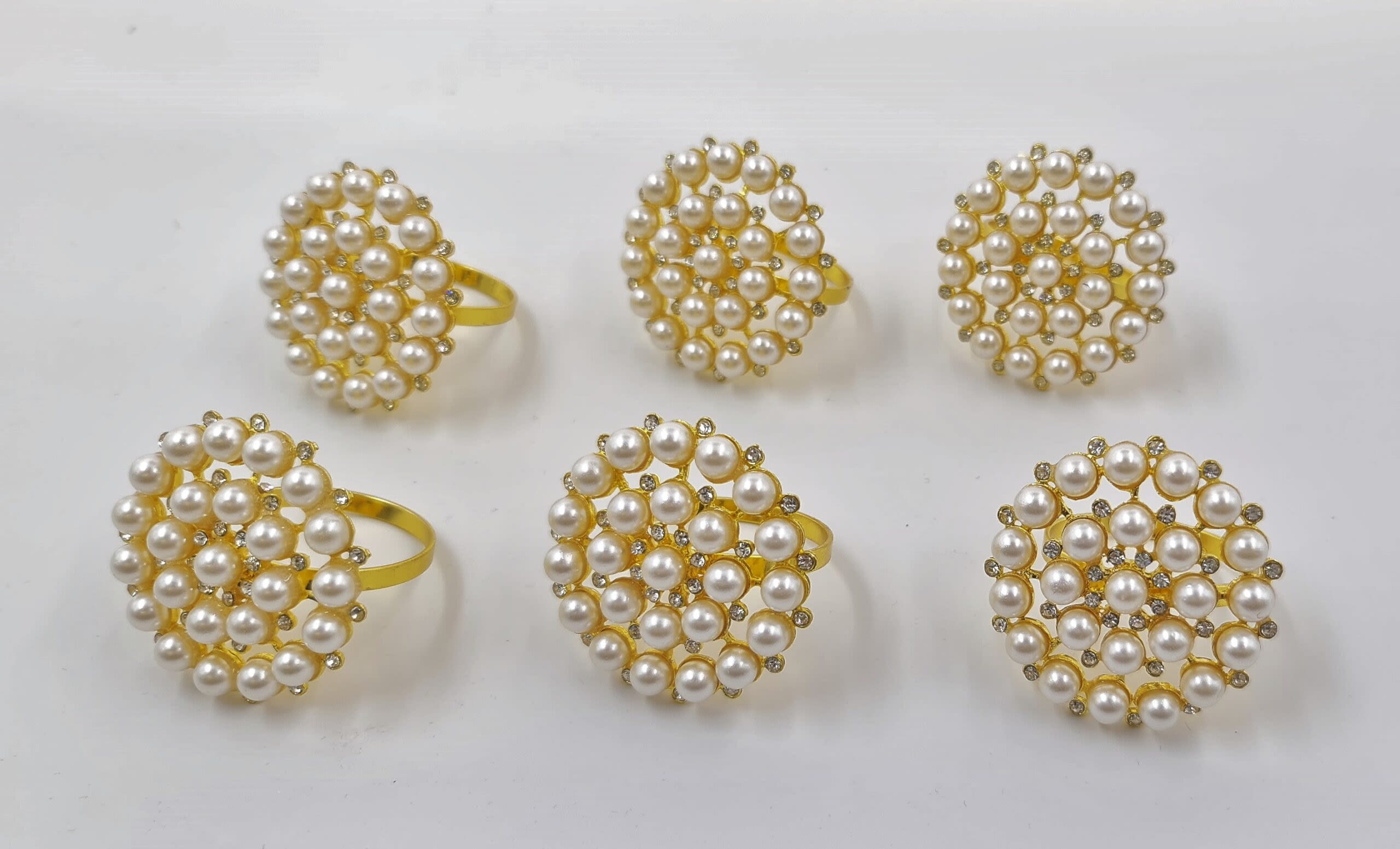
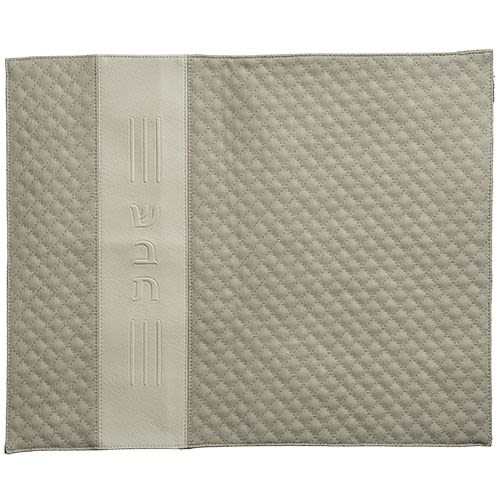
9/07/2015
Wondering….
Rabbi… what about the noahide? Where does he or she stand in all of this? You mentioned The Simple Jew, the Righteous Convert, the Woman, the children, and the wood chopper and water carrier… but what about the noahide… one who is not a Jew, nor a convert?
9/07/2015
Rabbi… what about the noahide? Where does he or she stand in all of this? You mentioned The Simple Jew, the Righteous Convert, the Woman, the children, and the wood chopper and water carrier… but what about the noahide… one who is not a Jew, nor a convert?